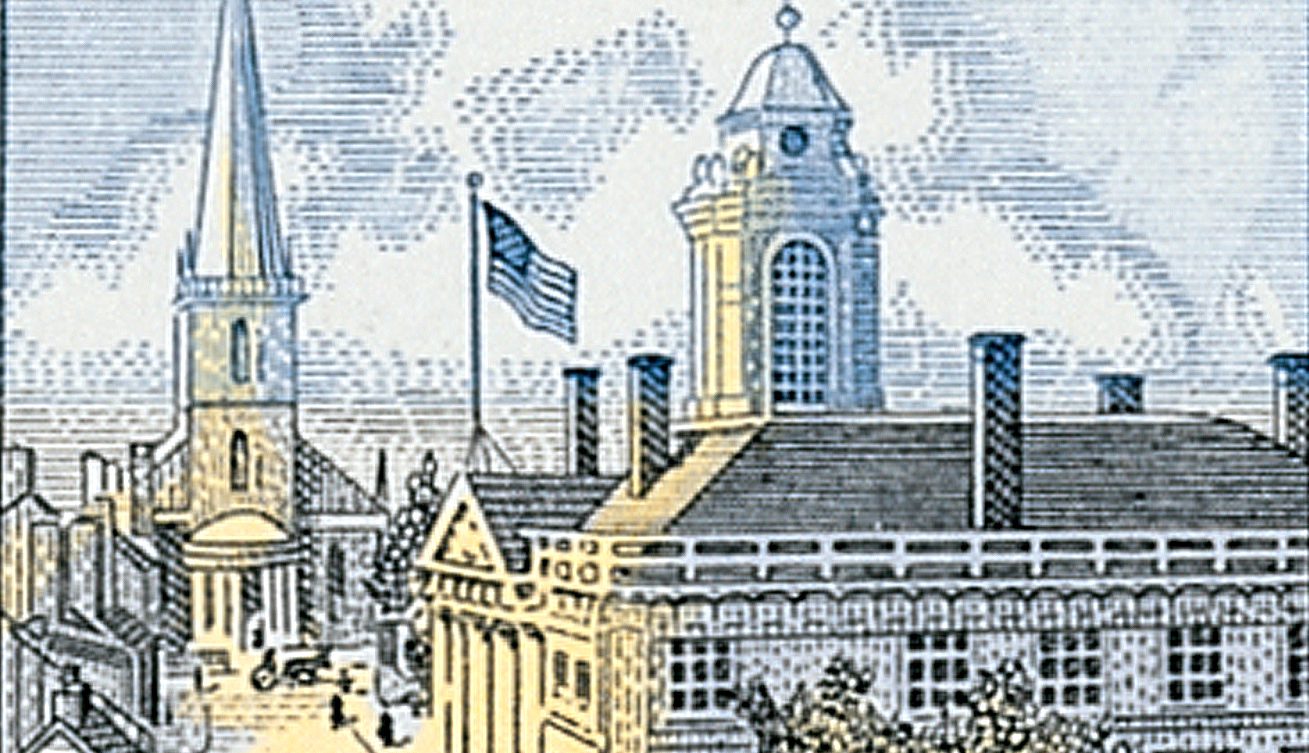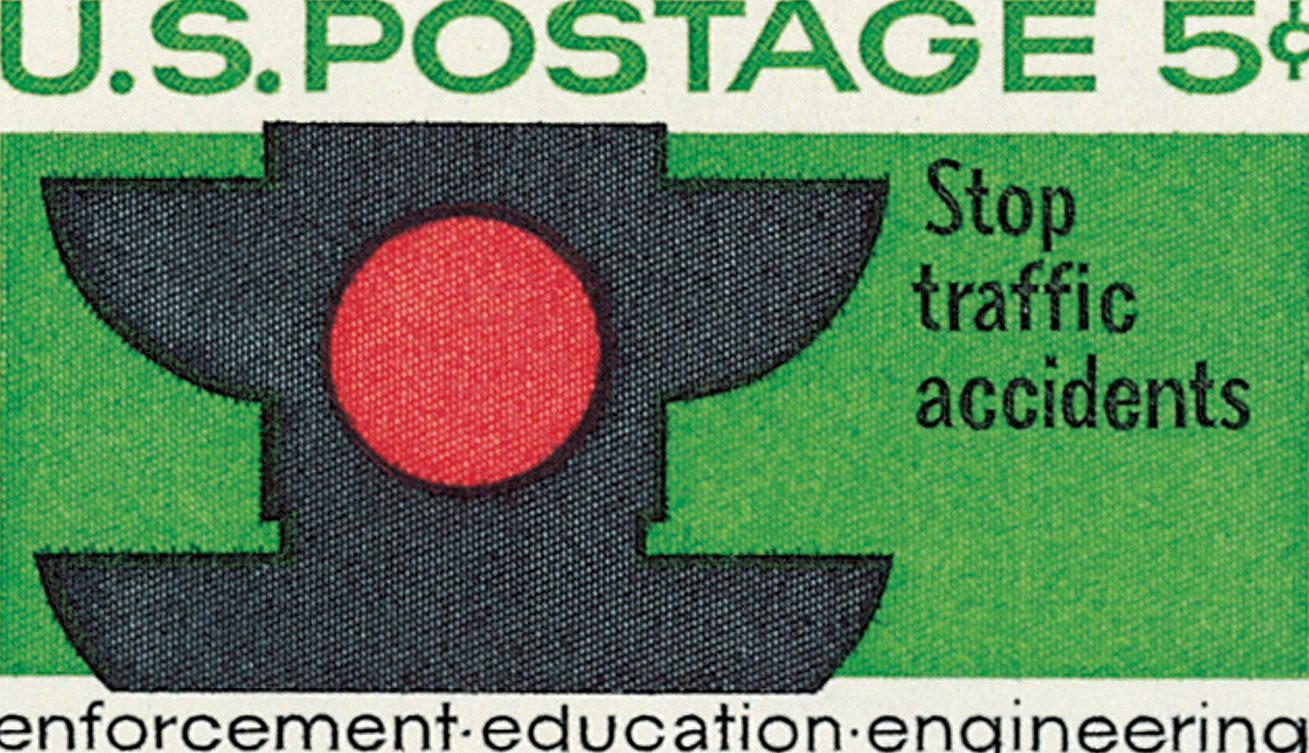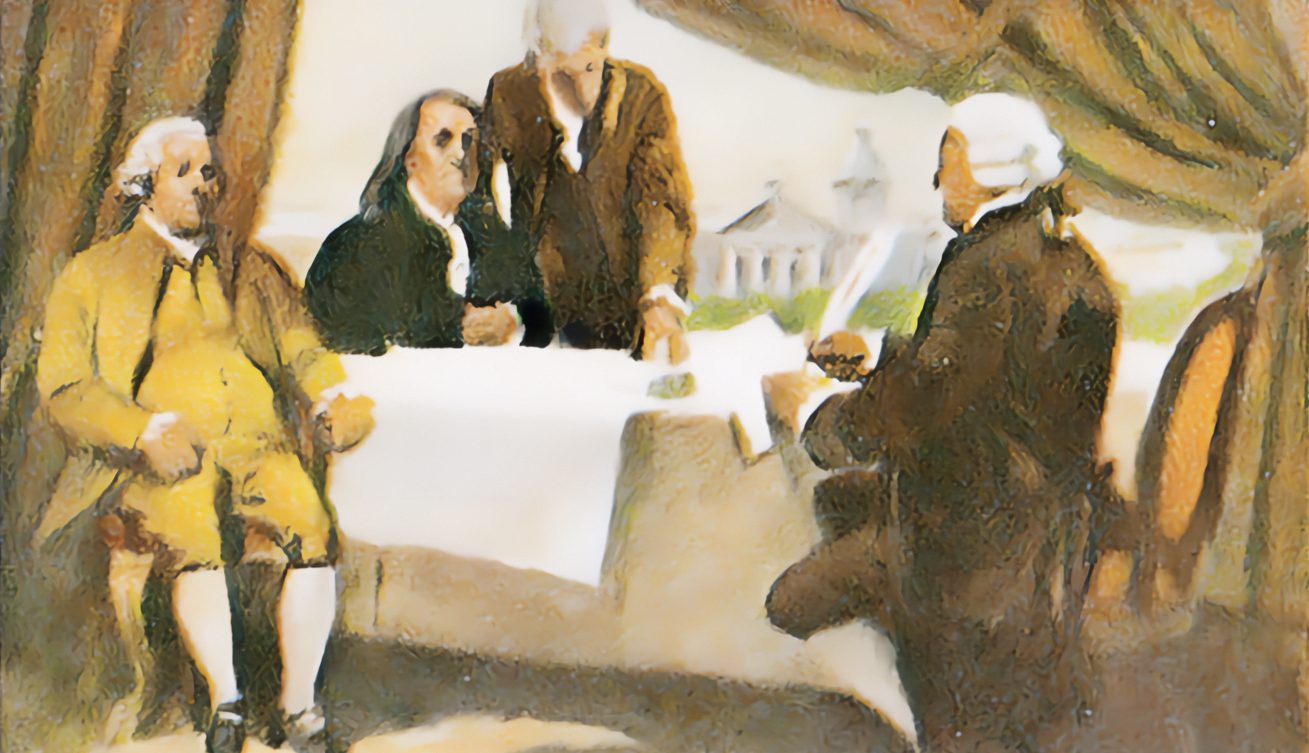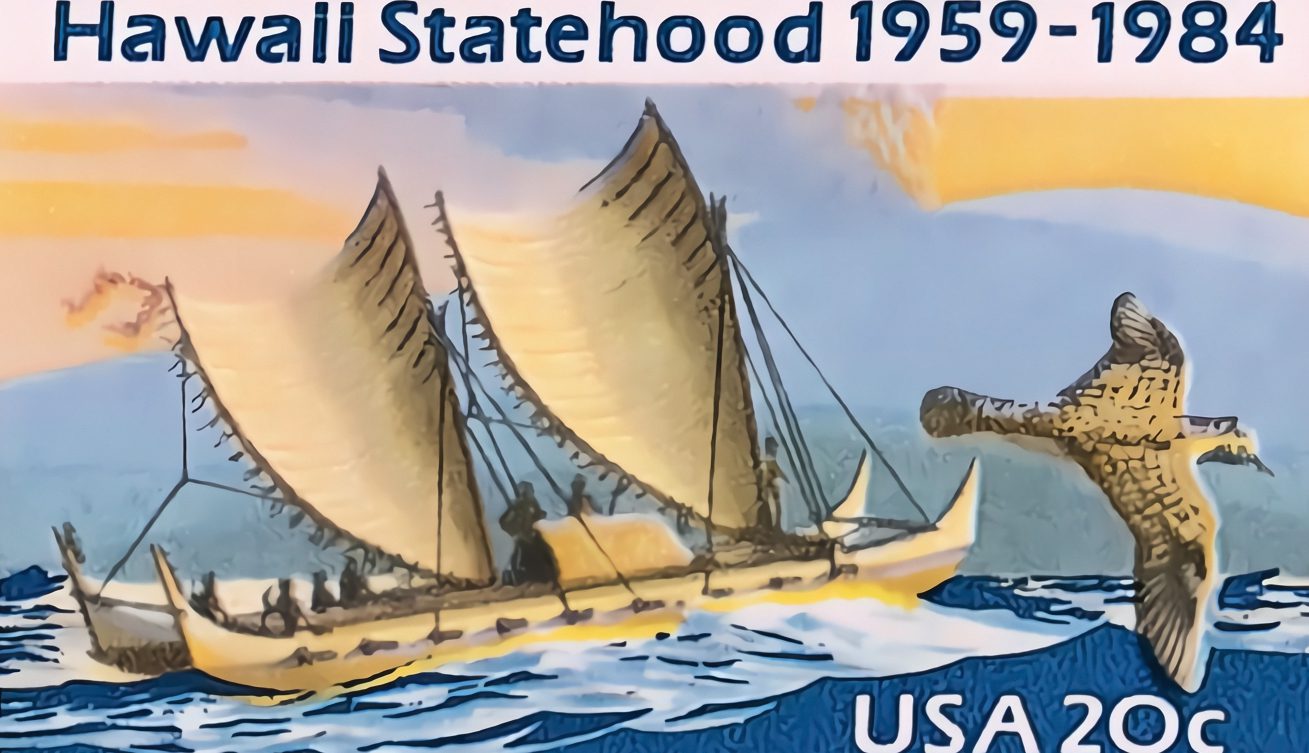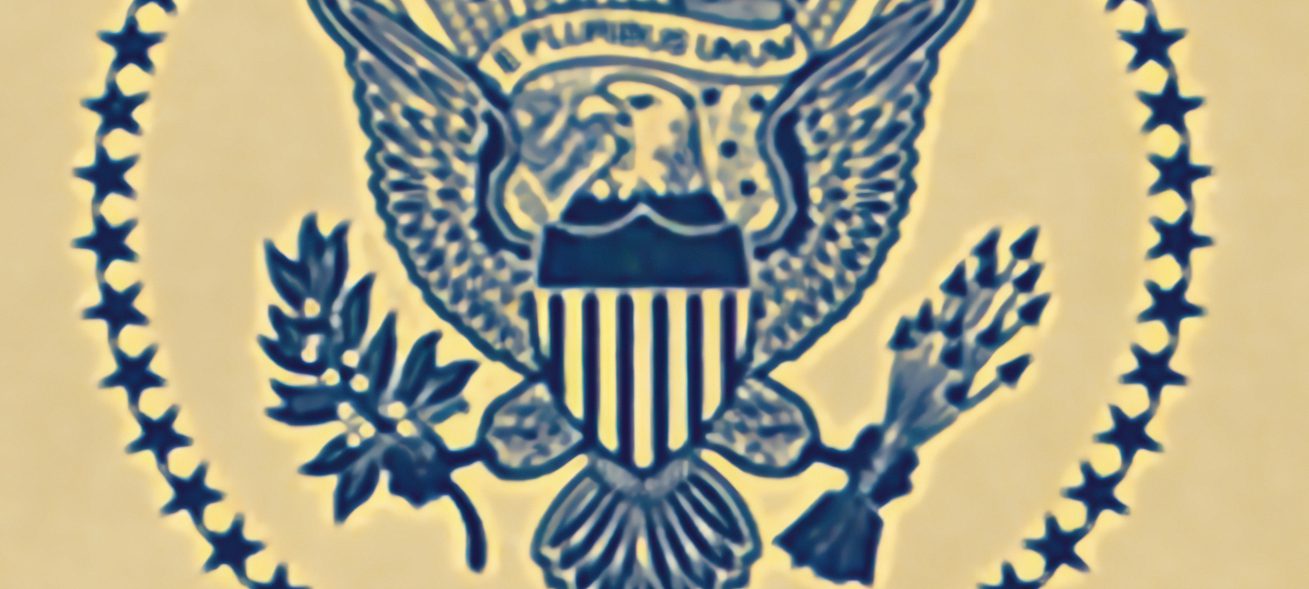Death of President McKinley
Eight days after being shot by an assassin at the Pan-American Expo, President McKinley died on September 14, 1901. His passing sent a wave of grief across the nation, as more than 200,000 people attended memorial ceremonies in Washington, DC and his home state of Ohio.


